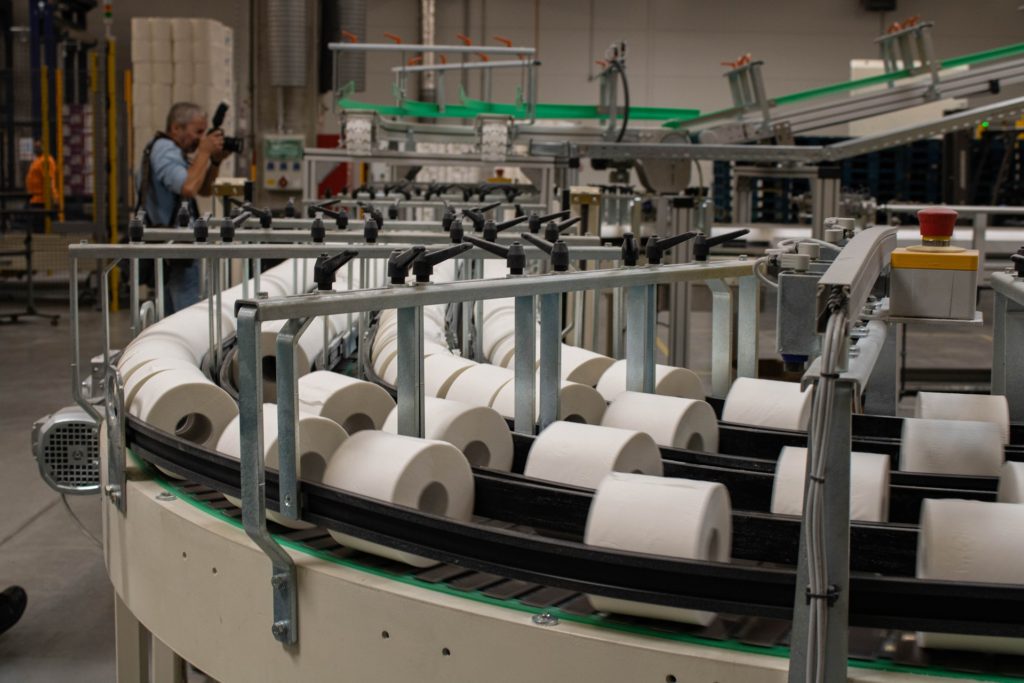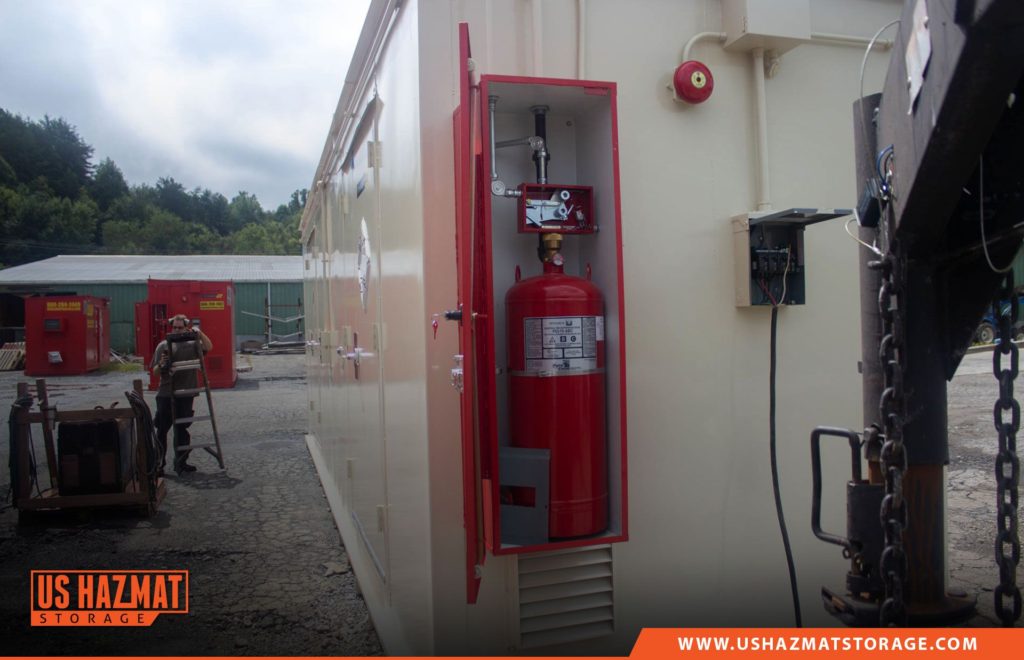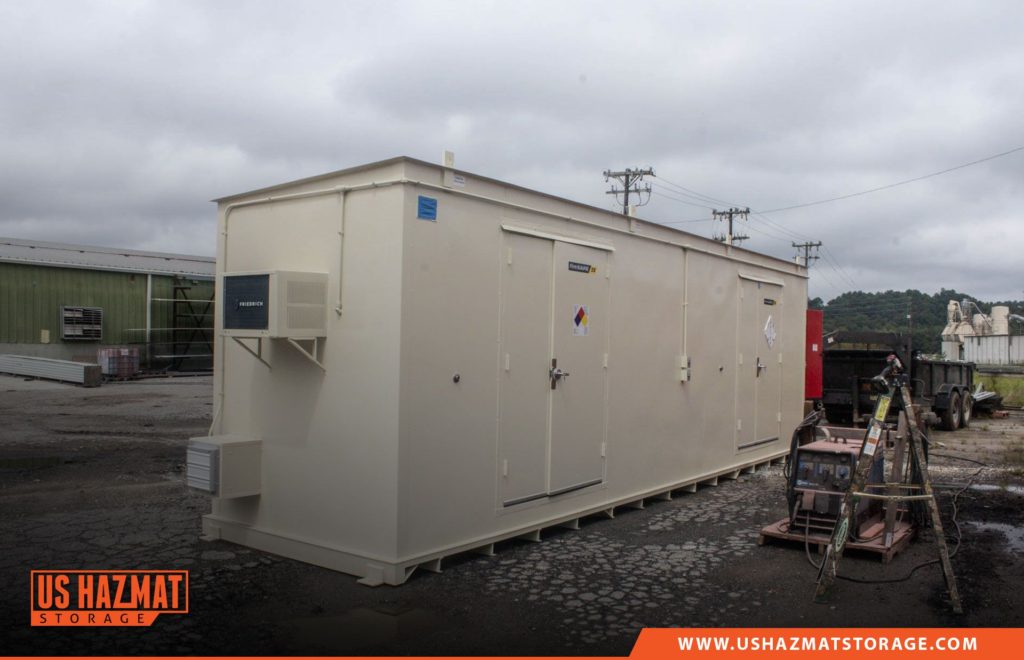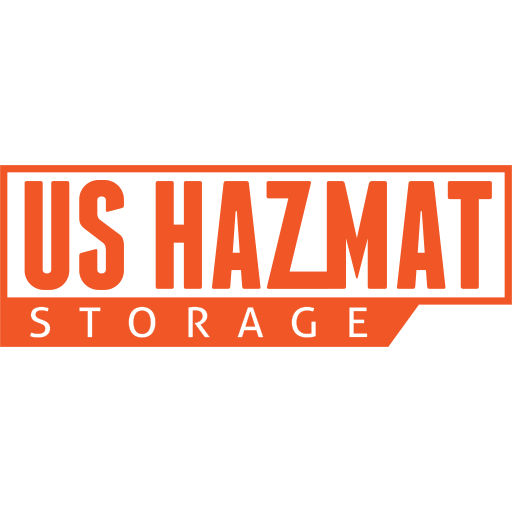Poor pre-job planning and lack of communication are perfect precursors for disaster. After more than a year of investigation, the U.S. Chemical Safety and Hazard Investigation Board ruled that a failure to adhere to the proper handling of flammable materials played a contributing factor in the death of two workers during routine maintenance at a North Carolina paper mill. Like with so many cases before it, separate, compliant chemical storage could’ve undoubtedly saved the lives of two innocent workers.

According to the CSB, two separate contract crews were performing routine work on connecting up-flow and down-flow towers at the Canton, N.C. paper mill. Due to the highly corrosive nature of the pulp-bleaching process, which is essential in paper making, crews musts periodically recoat the vessel walls with fiberglass and flammable resins. Prevailing cool overnight temperatures prevented the necessary hardening of the resin, necessitating the need for a curing gun to complete the application. Disaster struck when one of the employees dropped the heat gun into a five gallon bucket of resin. The fire that followed was simply too much for the workers to overcome.
Following Safety Protocols and Storage Guidelines Can Prevent Similar Tragedies

At it’s core, there was nothing out of the norm surrounding the resin reapplication job. Resin is viscous by nature and application can be hindered by temperature inversions. Resorting to a heat gun to speed up the process is not unusual. Unfortunately, the worker failed to apprise the other crew of his intent to introduce the curing agent. Had both parties been aware at he dangers at hand, they could’ve introduced controls and safety measures to prevent this catastrophe. Working in such a confined safety space could’ve also created a tunneling effect for the fire to quickly spread to the connecting towers. But just like improper storage practices, there’s no room for conjecture and negligence in this investigation or on the job-site.
Separate, Compliant Chemical Storage Can Prevent Fatal Explosions

While there’s no question that negligence and poor communication played a direct role in this catastrophic fire, separate, compliant chemical storage could’ve surely prevented these two fatalities. Had the flammable resin been properly stored in a steel-welded storage locker after application, the fire would’ve never occurred. Our climate controlled fire-rated chemical storage lockers can prevent synthetic resins, which have a very low flash point, from reaching the point of ignition. Optional climate control features can also help maintain the viscous nature and chemical consistency to expensive precursor chemicals.


